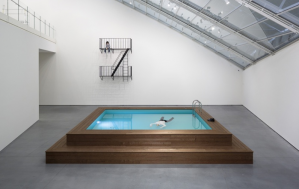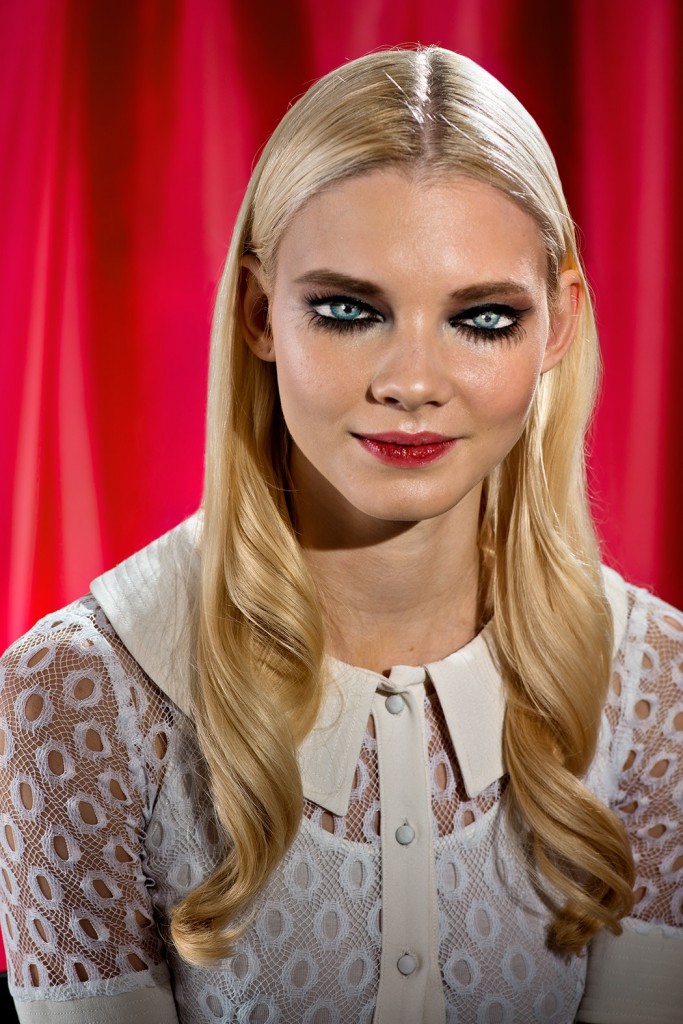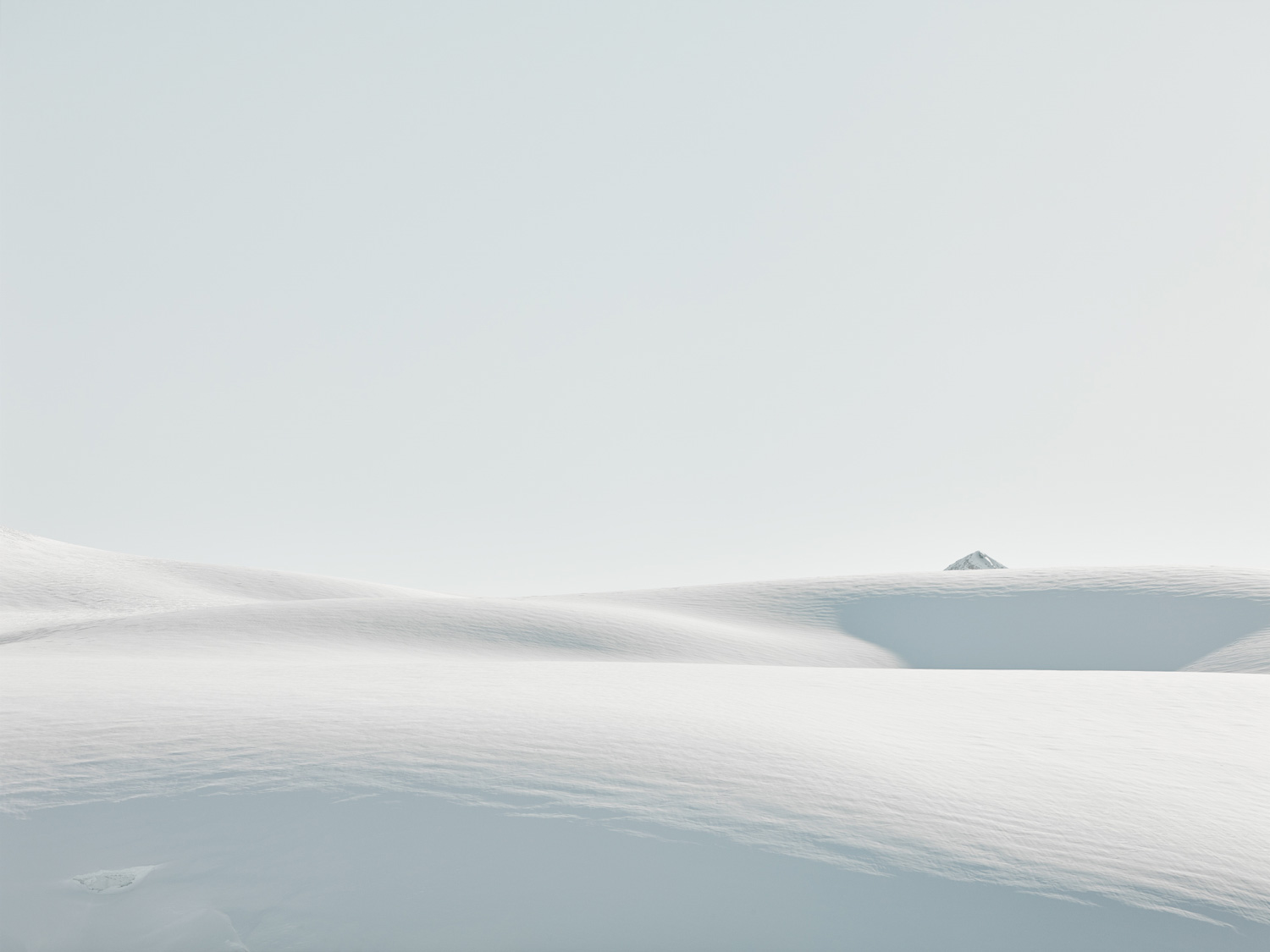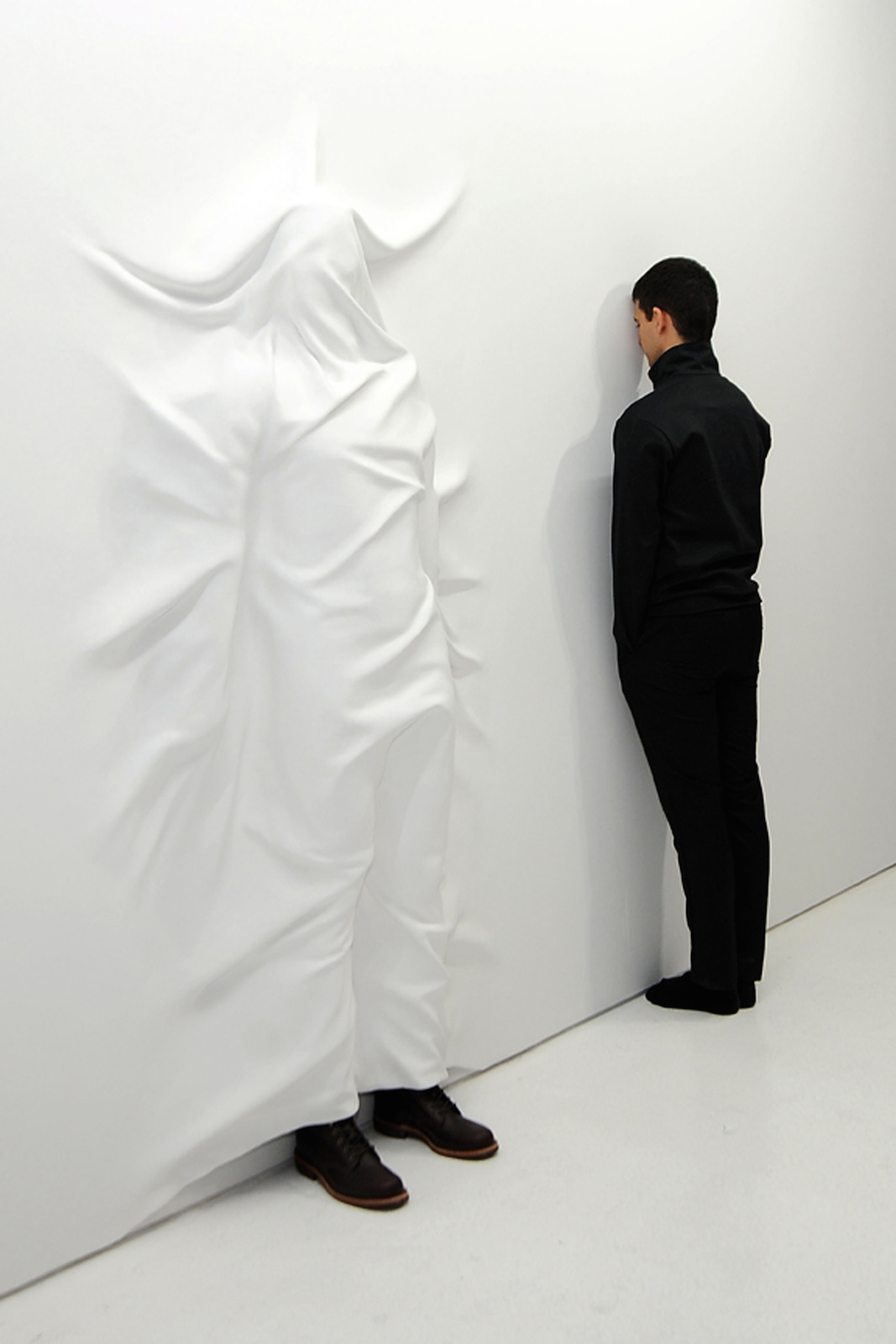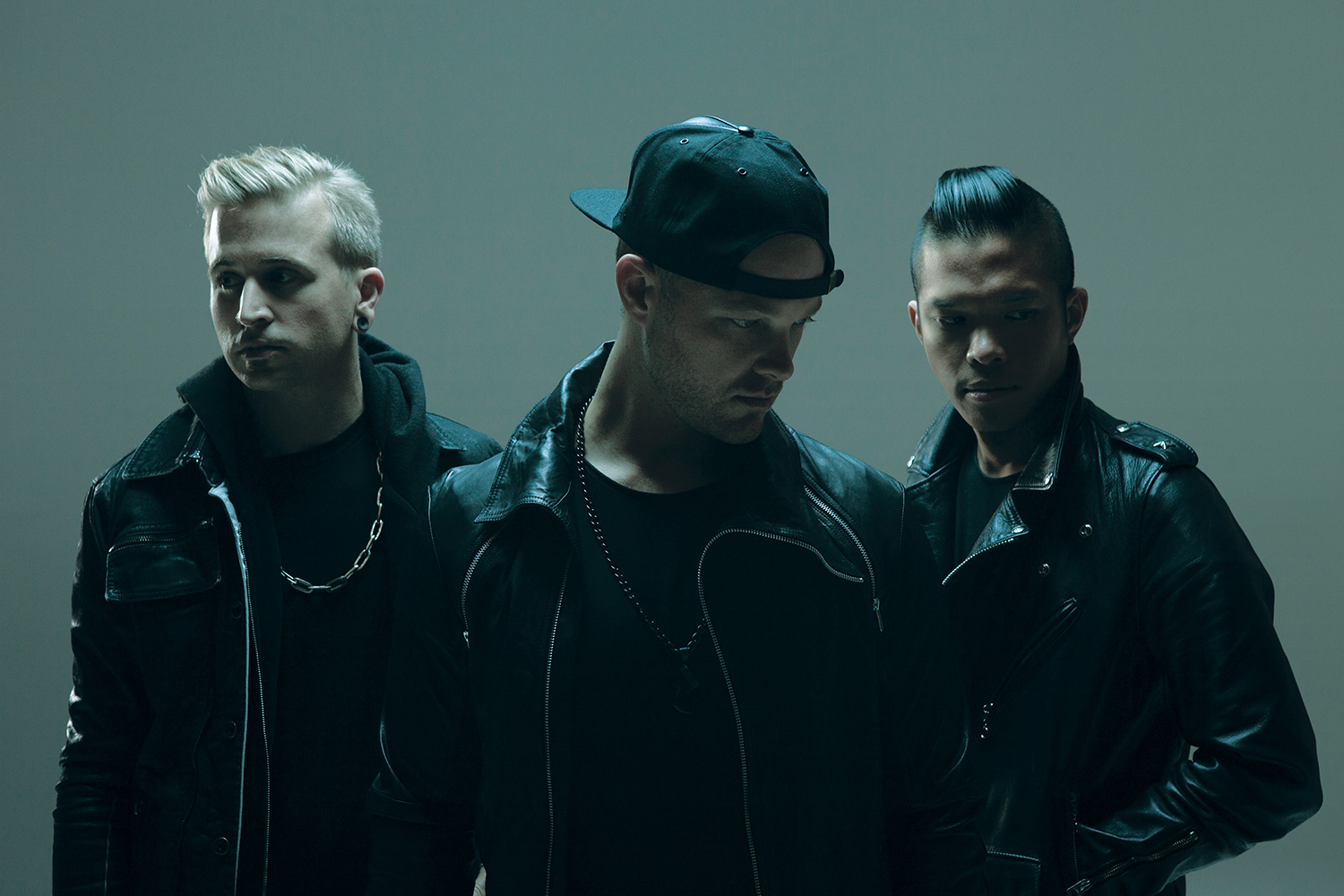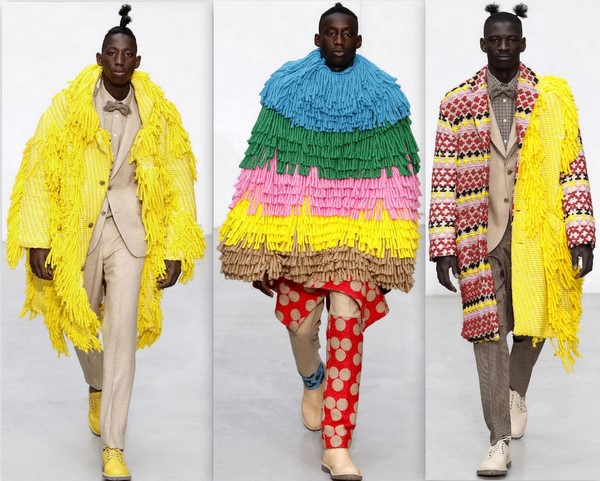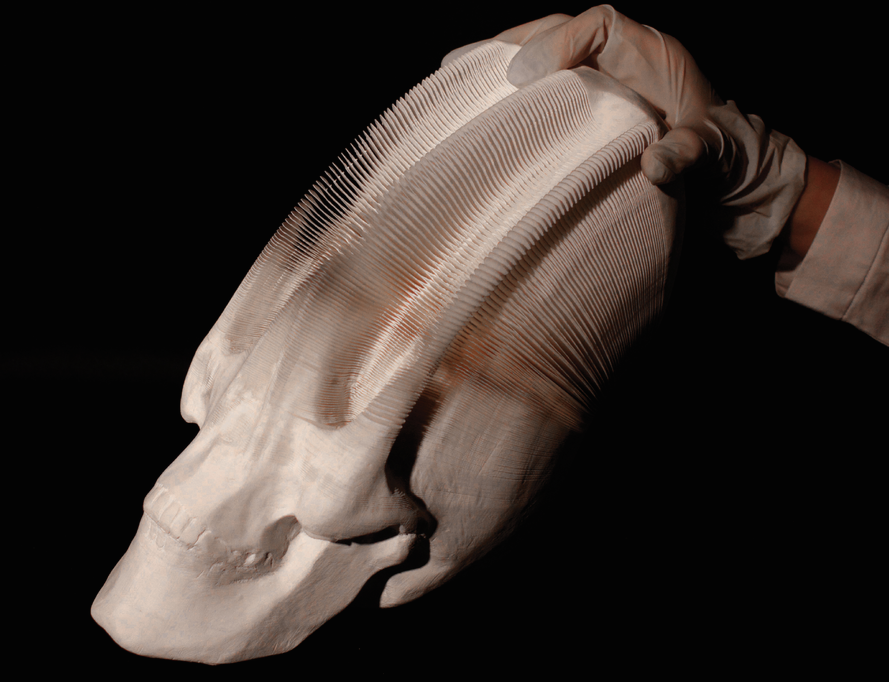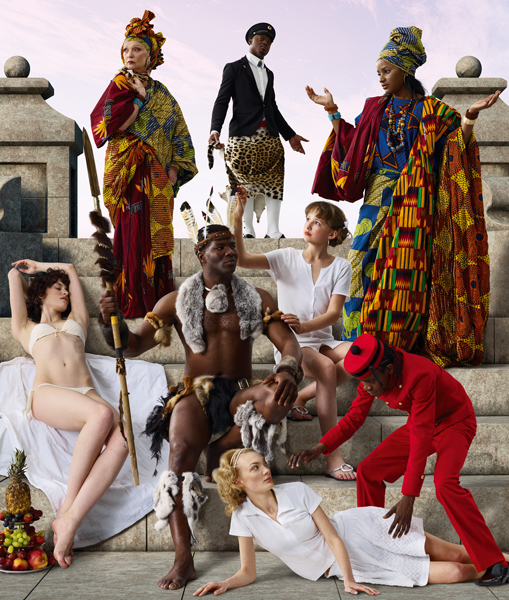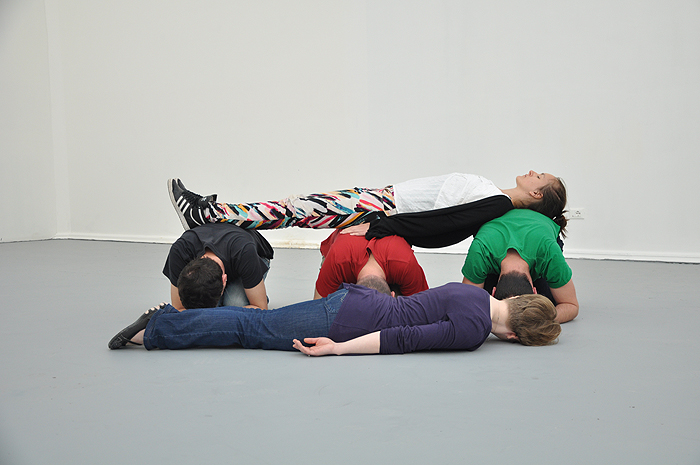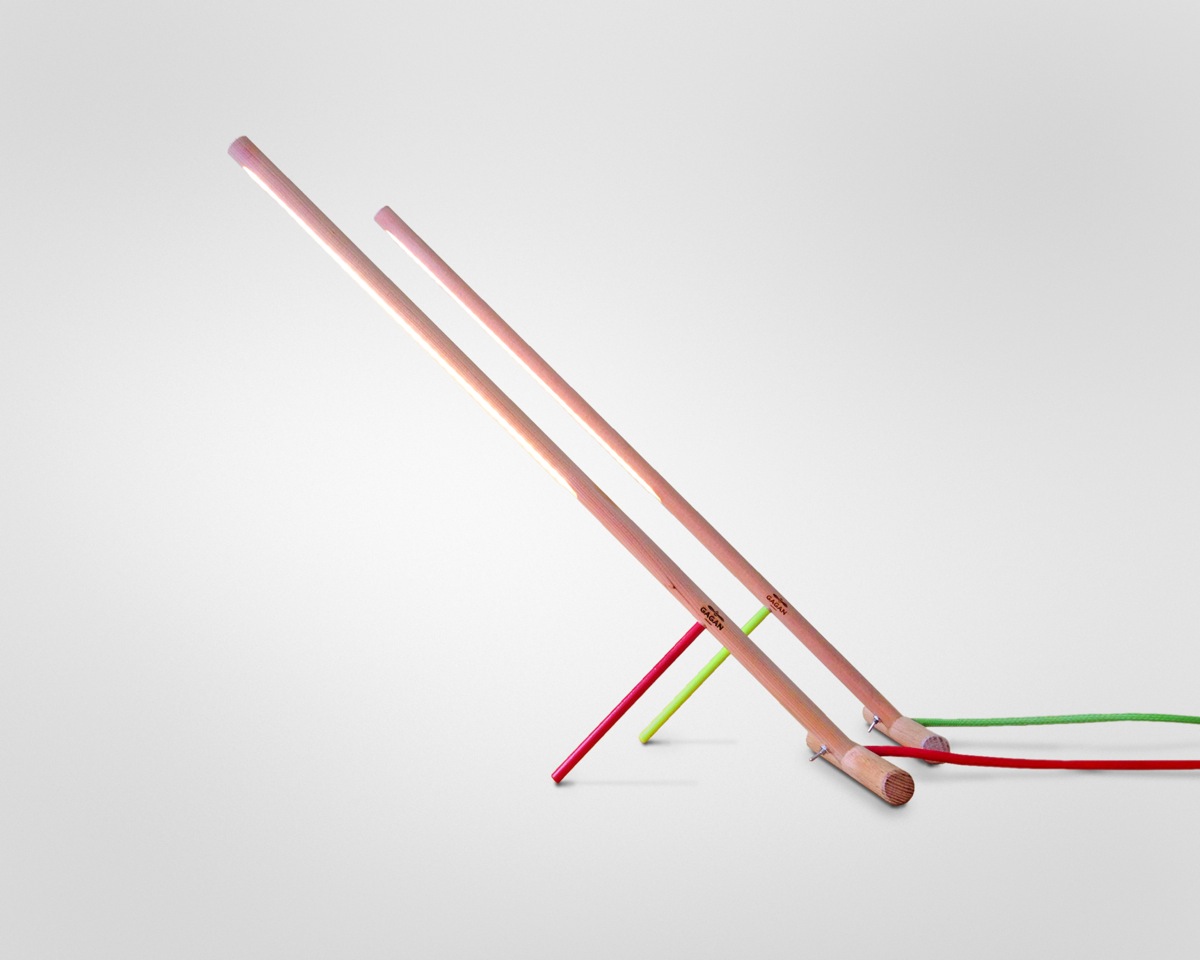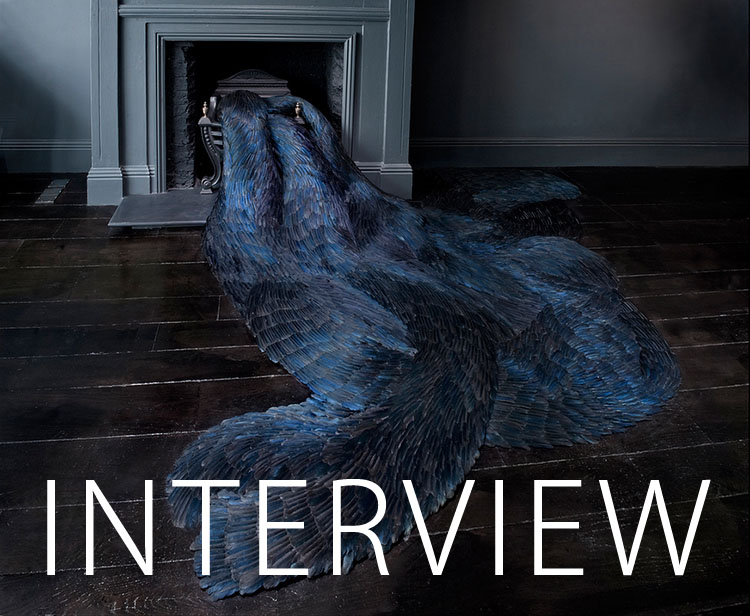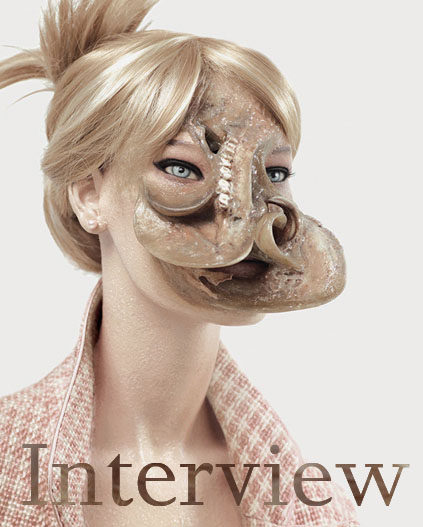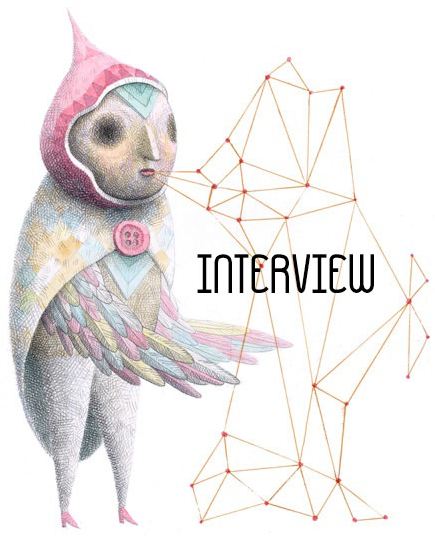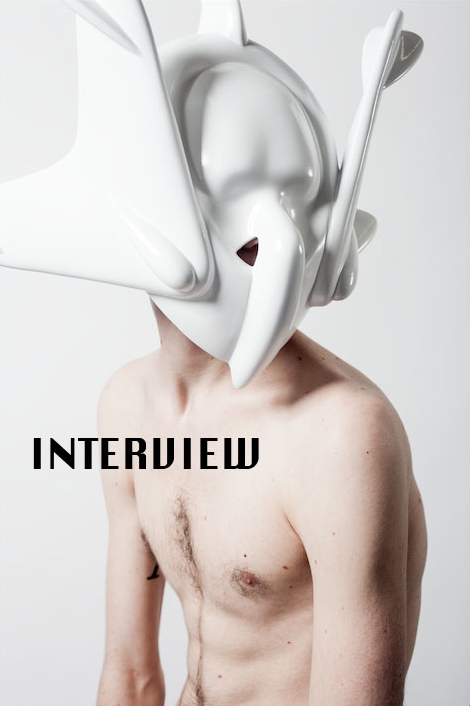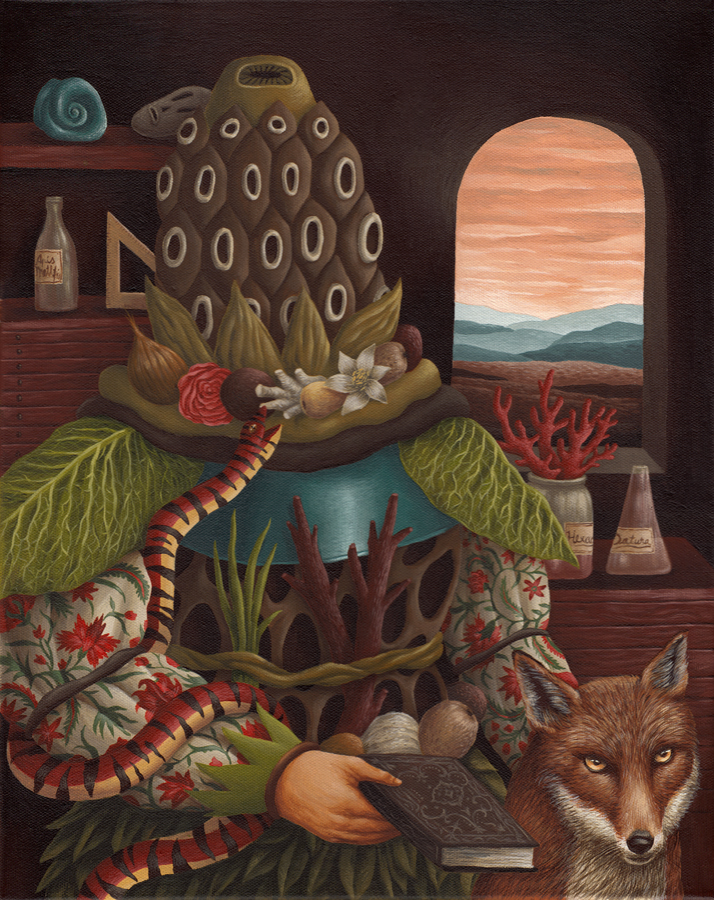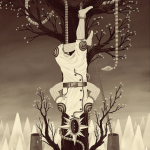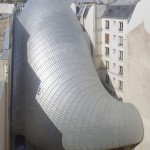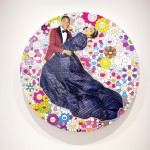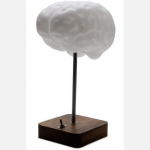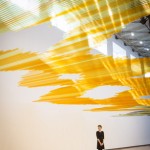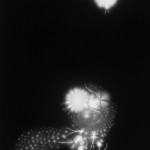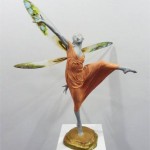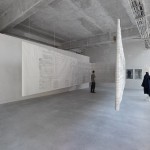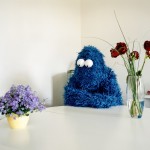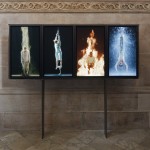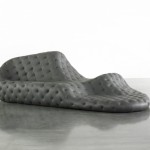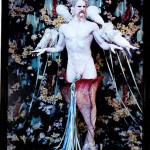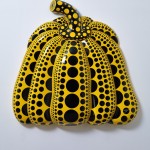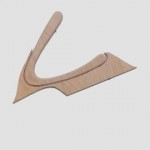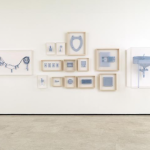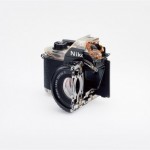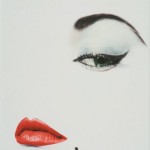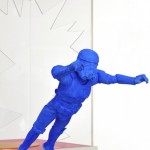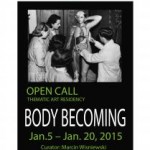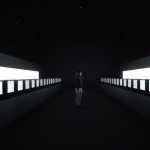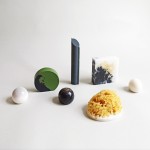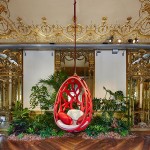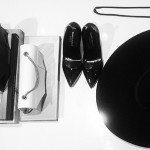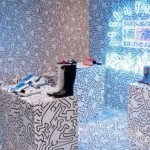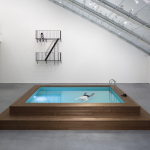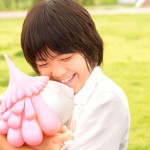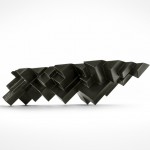INHALE is a cultural platform where artists are presented, where great projects are given credit and readers find inspiration. Think about Inhale as if it were a map: we can help you discover which are the must-see events all over the world, what is happening now in the artistic and cultural world as well as guide you through the latest designers’ products. Inhale interconnects domains that you are interested in, so that you will know all the events, places, galleries, studios that are a must-see. We have a 360 degree overview on art and culture and a passion to share.

“I would say that the one unifying factor in all my series is the desire to work with something artificial and make it look real,” Laurie Simmons told ARTINFO when we sat down for an interview at the Jewish Museum. For example, in her 2009-11 series “The Love Doll,” she photographed a life-sized silicone “Real Doll” in various lifelike settings. But now, in her new series “How We See” on view through August 9, instead of a doll trying its best to look like a real woman, it’s about real women trying their best to look like dolls. And in this case, that means painting hyper-realistic eyes over their closed eyelids — an uncanny and evocative optical illusion.

Installation view of the exhibition Laurie Simmons: How We See, March 13, 2015 – August 9, 2015. Photo by: David Heald. Art © Laurie Simmons, courtesy the artist and Salon 94.
Simmons first discovered this particular “doll girl” make-up trend, a facet of the kigurumi culture she explored in her previous series, through YouTube tutorials. “One of the things I think is interesting is how many young women have found a voice on these YouTube tutorials or explanations,” she said, recounting an informational video she found about a liquid eyeliner that ran at least 15 minutes. “I just imagine all these girls in their rooms, finding importance in this one piece of make-up, this eyeshadow glitter or this one lipstick, and feeling — is it confidence?”
Of course, on one level, the desire to look like a doll feels like a worst-case consequence of our post-Barbie society — a byproduct, perhaps, of a lifetime spent soaking in visual culture that tends to treat women like set decoration. It’s not hard to look into these models’ vacant, painted stares and glean a grim fascination with this sort of willing self-objectificaion, their eyes quite literally clouded by make-up. But on the other hand, in thinking about YouTube and the myriad options today for self-curated self-presentation, the savvy, even illusory use of make-up feels almost triumphant.
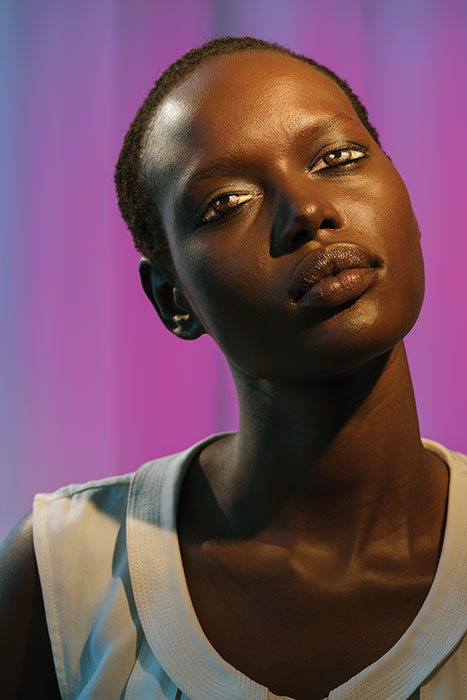
Laurie Simmons, How We See / Ajak (Violet), 2015, Pigment print, 70 × 48 inches (178 × 122 cm). © Laurie Simmons, courtesy the artist and Salon 94.
“I think when people first started taking pictures, they thought that there was this fantastic new medium for telling the truth, and now we’re all so sophisticated that we know pictures lie like crazy,” Simmons said. What if this, in the age of Photoshop, is just “how we see” now — through a lens of presumed artifice? And aren’t these women then all the more canny for being able to manipulate that to their liking?
“I think a lot about modes of self-transformation — make-up tutorials, ‘how-to’s on the Internet, even apps where you can give yourself pink cartoon hair,” Simmons said. “Initially, it’s all about having fun, but there’s a place where fun and a horrorshow sort of collide.” And one such place, it seems, is in these photographs, all the more disconcerting for their bright colors and beautiful faces.
“I’m not in any position to judge at what point any of these things become unhealthy — I’m just watching it all appear and evolve,” Simmons added, noting that this series is far from over, as these faux-eyes continue to inspire her. “My thought is, I just want to be around long enough to see where this all goes.”
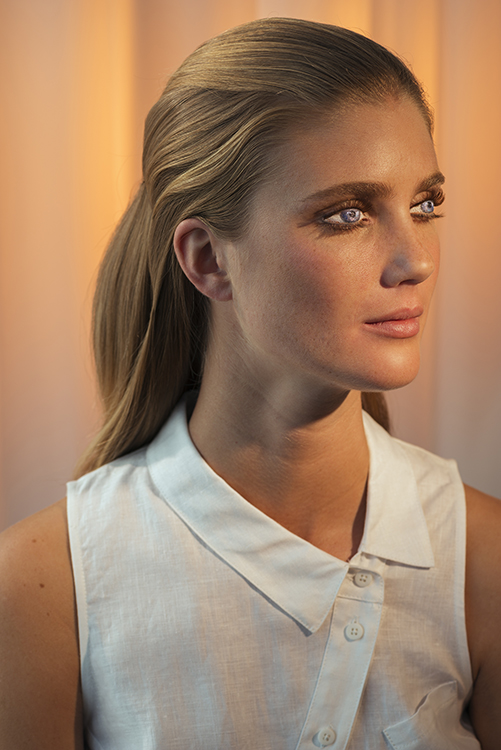
Laurie Simmons, How We See/Lindsey (Beige), 2014, pigment print, 70 × 48 inches, edition of 5.
Credit: © Laurie Simmons, courtesy the artist and Salon 94.
via blouinartinfo.com


